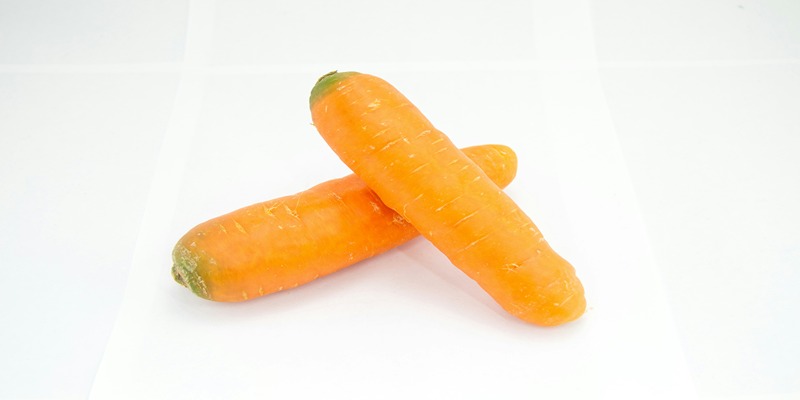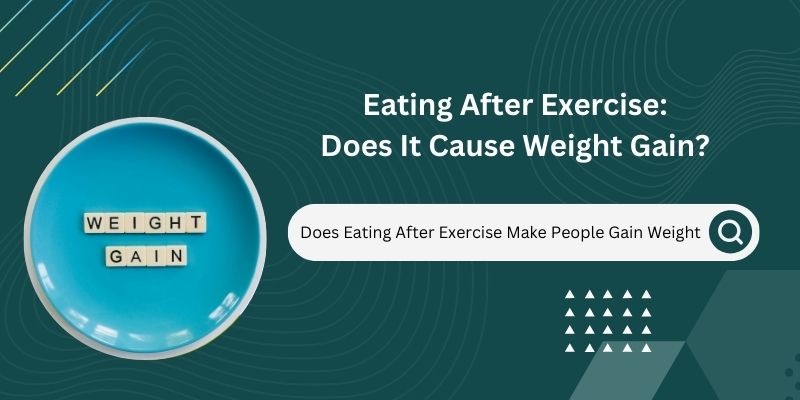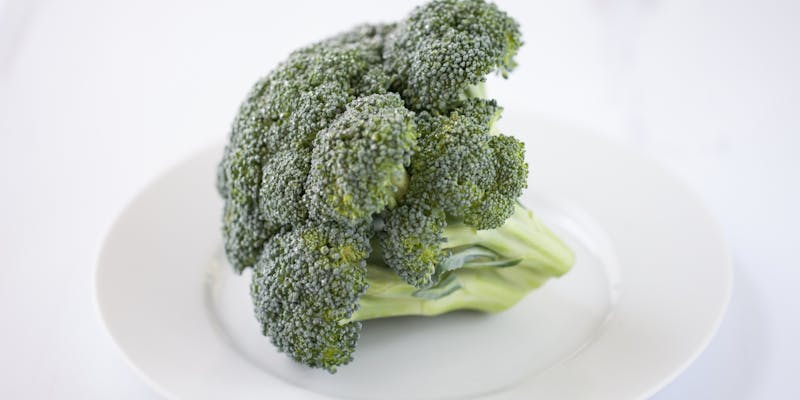Maximizing Health with Vitamin E: Benefits, Foods, and Deficiency
Dec 04, 2023 By Nancy Miller
The importance of vitamin E to one's health and well-being cannot be overstated. To prevent free radical oxidative damage to cells in the body, this fat-soluble antioxidant is essential. Vitamin E's involvement in several physiological processes extends beyond its antioxidant capabilities and includes immunological function, skin health, and blood coagulation, among others. It is important to know how vitamin E contributes to good health. Vitamin E is an essential nutrient that helps with many different parts of our health, and this article explores all of those things and more. Vitamin E is an invaluable ally in the pursuit of holistic health, whether your goal is to strengthen your immune system or to promote skin vibrancy.

Profound Benefits of Vitamin E
Antioxidant Properties and Health Impacts
The many health advantages of vitamin E revolve around its antioxidant characteristics. Vitamin E aids in cellular protection against oxidative stress and ageing by acting as an antioxidant and warding off free radicals. The immune system and heart are among the many bodily systems and organs that are shielded from harm. Vitamin E helps keep heart health and chronic disease prevention in check by scavenging harmful free radicals. Vitamin E may also help lower the risk of several malignancies, according to some studies.
Vitamin E's Role in Skin and Hair Health
Vitamin E's beneficial benefits on hair and skin health have made it famous. Vitamin E, when applied topically, nourishes and moisturises the skin, making it seem younger and more luminous. Because of its anti-inflammatory characteristics, it may help calm red, irritated skin. Vitamin E may also help with scar reduction and wound healing. Vitamin E helps the hair follicles stay strong and healthy, which in turn promotes hair development. It does this by increasing blood flow to the scalp. Adding vitamin E-rich foods and supplements to your diet may improve the look and health of your hair and skin, which is just one more reason why it's important for your general wellness.
Rich Dietary Sources of Vitamin E
Nutrient-Rich Foods Containing Vitamin E
Vitamin E is easily available for those who prioritise their nutritional intake since it is plentiful in many meals that are high in nutrients. Nuts and seeds, particularly almonds, sunflower seeds, and hazelnuts, are excellent food sources of vitamin E. These tasty treats are a great source of vitamin E. Vegetable oils, especially sunflower, safflower, and wheat germ oil, are another great source. Vegetables rich in vitamin E, such as spinach and Swiss chard, are another healthy option. Consumption of vitamin E is aided by fortified cereals, whole grains, and avocados. Incorporating these items into your regular diet may assist in guaranteeing that you get enough of this vital mineral.
Incorporating Vitamin E Foods into Your Diet
Vitamin E-rich foods are delicious and may add nutrition to your diet. A bowl of nutritious cereal topped with almonds and avocado slices is a great way to start the day. Almonds and sunflower seeds make a great nutritious snack. Spinach and Swiss chard are great vitamin E additions to salads and smoothies. Try sautéing and baking using sunflower or safflower oil and see what happens. These food options not only add vitamin E to your meals, but they also make them taste better. Incorporating these nutrient-rich alternatives into your meals and being attentive of your food choices will help you fulfil your daily vitamin E needs and support your overall health and well-being.
Recognizing Vitamin E Deficiency
Common Signs and Symptoms
Although cases of vitamin E insufficiency are uncommon, they may cause a range of symptoms. In order to intervene quickly, it is crucial to recognise the symptoms of insufficiency. Deficits in vitamin E are often associated with symptoms including weak muscles, blurred eyesight, and clumsiness. Vitamin E's function in preserving the health of nerve cells and muscles is responsible for these symptoms. Since vitamin E is important in skin protection and healing, those who are deficient in it may also suffer from skin issues, including dryness and accelerated ageing. Keep in mind that the degree of deficient symptoms may vary and that consequences might arise if not caught early.

Health Consequences of Vitamin E Deficiency
Serious health problems, especially if neglected, may arise from vitamin E insufficiency. Neurological impairment is a major worry since it may cause problems with coordination and weak muscles. Uncoordinated movements and a lack of balance are symptoms of ataxia, a neurological condition that may develop in extreme instances of vitamin E insufficiency. Additionally, vitamin E insufficiency is linked to visual abnormalities such as decreased vision and retinal degeneration. The fact that vitamin E helps the body's immunological response raises further concerns about impaired immune function. Maintaining an appropriate intake of vitamin E via a balanced diet or supplements, as advised by a healthcare provider, is crucial for preventing severe health repercussions. To maintain peak health and prevent vitamin E insufficiency, it is best to see a doctor regularly for screenings and consultations.
Recommended Daily Intake and Supplementation
Understanding the Right Dosage
Making sure you get enough vitamin E without going beyond harmful doses requires knowing how much to take. Different age groups and sexes have different vitamin E RDAs. The recommended daily allowance (RDA) for adults for alpha-tocopherol, the most active form of vitamin E, varies between 15 mg and 15 mg. Keep in mind that various types of vitamin E have variable degrees of activity. Thus it's vital to measure it in milligrammes of alpha-tocopherol equivalents (mg α-TE).
When to Consider Supplements
A balanced diet provides enough vitamin E for most people, but some may still benefit from taking a supplement. If you are unable to consume enough vitamin E-rich foods due to dietary restrictions or medical issues, you may want to consider taking a supplement. Those who have problems absorbing vitamin E naturally, including those with celiac disease or cystic fibrosis, may also need to take supplements. To make sure they get enough vitamin E, pregnant and nursing women should talk to their doctors. Overdosing vitamin E supplements could have negative side effects; therefore, it's important to proceed with care while supplementing. If you are unsure as to whether or not you need a supplement and need advice on how much to take, it is best to see a healthcare professional.
Vitamin E and Chronic Diseases
Vitamin E's possible advantages in lowering the risk of chronic illnesses are becoming clearer as research on its function in illness prevention grows. Vitamin E may protect against heart disease, cancer, and age-related eye diseases due to its antioxidant characteristics, according to studies. To determine the best doses for disease prevention, however, and the full scope of its effects, further study is required.
Conclusion
Vitamin E is an essential vitamin that helps keep you healthy all over, thanks to its antioxidant qualities. It helps keep the immune system strong, the nervous system working, and the hair and skin healthy. Vitamin E insufficiency is rare, but it's still important to know the symptoms and get enough of the vitamin via a healthy diet or supplements. One way to figure out what someone needs is to talk to healthcare experts. Vitamin E is a powerful nutrient that, when used regularly, may improve health and well-being.

Understanding Carrot's Nutrition Facts and Health Advantages

Exploring the Wonders of Cupping Therapy for Radiant Skin

Impact of Eating After Exercise on Weight Gain

Effective Strategies for Sustainable Weight Loss

Understanding Daily Protein Needs

Tasty Ways to Incorporate Broccoli into Your Weight-Loss Diet

Exploring the Safety of Canola Oil: Benefits, Risks, and Usage Tips


